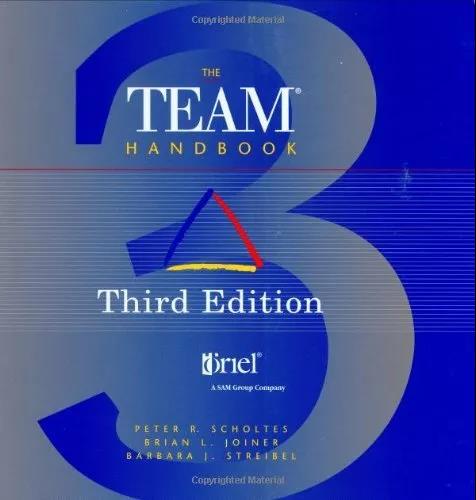国外经典安全管理书籍
01
去的打算
"Incentive programs aren’t automatic performance generators. . . they can even backfire and be counterproductive when they don’t work out in the fashion intended”
本书揭露了激励机制是一把双刃剑(pro and con),用电影《一代宗师》里话概况:做羹要讲究火候。火候不到,众口难调,火候过了,事情就焦。所以不要以为绩效为王,不信看看索尼之死,是绩效推动了索尼之鼎盛,还是拖垮了其落寞?

02
Historically we have used safety awards as carrots for worker safety. Most times these focus on workers staying injury free, not on worker safety participation. It’s forthese reasons that these injury-free based award programs have mixed results.
本书通过对传统大棒加胡萝卜的激励管理方式;不一而足 。很多时候,的确可以防止员工发生事故,但往往缺少员工们的参与。
Participation based awards are different. When used, they can change the perceptions destructive to safety award programs. That is, they bring a halt to the reward systems that depend on not having injuries and instead focus on involvement.
与基于事故管理的奖惩模式不同,基于参与安全建设的激励机制会改变人们对安全的认知,强调参与度。在《人民的名义》里区长孙连城的“无过便是功”“多做多错、少做少错、不做不错”的思想被党媒定义为懒政者。由此可见作者的观点还是技高一筹。

03
“Clearly, punishments are harsher and more overt. . . but rewards simply control through seduction rather than by force. In the final analysis, they are not one bitless controlling since, like punishments, they are typically used to induce or pressure people to do things they would not freely do - or rather, things that the controller believes they would not freely do”
作者的观点很明确,惩罚不易,因为处罚习惯于劝导或迫使员工做自己不想做的事情,或雇主认为他们应该做却没做的事儿。而奖励更难。因为奖励靠诱导,而非强制。
“People’s interest in doing what they are doing typically declines when they are rewarded for doing it. . .scores of other studies confirmed this conclusion”
奖励对兴趣是一种迫害,改变了人类的行为动机,尤其是物质奖励。
“Consider the countries typically cited as competitors of the United States. Japan and Germany. . . rarely use incentives and other behaviorist tactics to induce people to do a better job”
典型代表:美国、日本和德国这些国家在劝导人们做好本职工作时,几乎不是靠激励手段或其它行为学伎俩的。
小编给本文作者打个五星。

04
“The greatest management conceit is that we can motivate people. Wecan’t. Motivation is there, inside people. . . the greatest managerial cynicism is that workers are withholding a certain amount of effort that must be bribed from them by means of various incentives, rewards, contests or merit pay programs. . . the greatest waste of managerial time is spent trying to manipulate people’s minds and infuse motivation into them”
千万不要相信,我们可以激励他人,按照我们的意图控制他人,灌输我们的思想,这只会浪费时间与精力。可以看看之前小编的这篇永远不要试图叫醒那个装睡的人。

05
“Individual incentive plans provide a good example of an attempt to control behavior The practical logic of incentives is that people want money, and that they will work harder to get it”
激励计划会为他人树立模范作用,很多制定者认为,钱可以帮助他们实现让员工更卖力的工作。
Incentive plans do not take account of several other well-demonstrated characteristics of behavior in the business setting. . .
如果你也认同,那就该好好拜读一下。。。作者说:扯淡,不是钱的事儿。

06
Safety incentive programs should focus on the “process” rather than the
“outcomes” Reward people for what they do - risk reducing behaviors or correct, safe behaviour.
本文作者指出应看过程,而不能以成败论英雄。奖励那些对风险降低或采取正确的安全的人员。
The intent must not be to control people, but to help them control their own behavior for the safety of themselves and others. This is why the terms such as behavior modification, discipline and enforcement are
inappropriate. They carry the connotation of outside control. The bottom line is that behavior is motivated by consequences that are obvious and immediate”
小编认为下面这句话,在理。不要总想着控制他人,而是帮助他们对自己的以及他人的行为负责。强调“对事而不对人” 的工作作风,对那些倡导行为改变、依靠纪律和强制措施的做法不屑一顾。《孙子兵法》有云:上兵伐谋,其次伐交,其次伐兵,其下攻城。所以通过显性和直接的结果判断人们的行为方式是否被激励,是不可取的,

